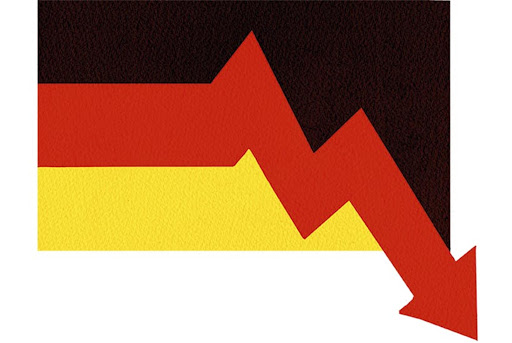As Britain’s furlough scheme winds down, Germany’s is set to continue: Merkel’s government has announced that its enormously-expensive policy will stay in place until the end of next year. Hubertus Heil, the country’s finance minister, says furloughing offers ‘the stablest bridge over a deep economic valley’. Many in Britain are clamouring for Rishi Sunak to adopt the same approach. But with a price tag of 30 billion euros (£26 billion) and no guarantee it will prevent a surge in unemployment, is Germany’s strategy really a sensible one?
This isn’t the first time Germany is hoping furloughing workers can get it out of a crisis. Kurzarbeitergeld, or ‘short-work money’, is state-regulated unemployment insurance through which temporarily laid-off workers receive payments from the Federal Employment Agency. Introduced in 1924, this financial medicine has been used by corporations that were forced to shut down production plants because of sales slumps. Back in 2008, the furlough scheme also helped carry Germany through the financial crisis when the government in Berlin budgeted 5.1

Britain’s best politics newsletters
You get two free articles each week when you sign up to The Spectator’s emails.
Already a subscriber? Log in






Comments
Join the debate for just £1 a month
Be part of the conversation with other Spectator readers by getting your first three months for £3.
UNLOCK ACCESS Just £1 a monthAlready a subscriber? Log in